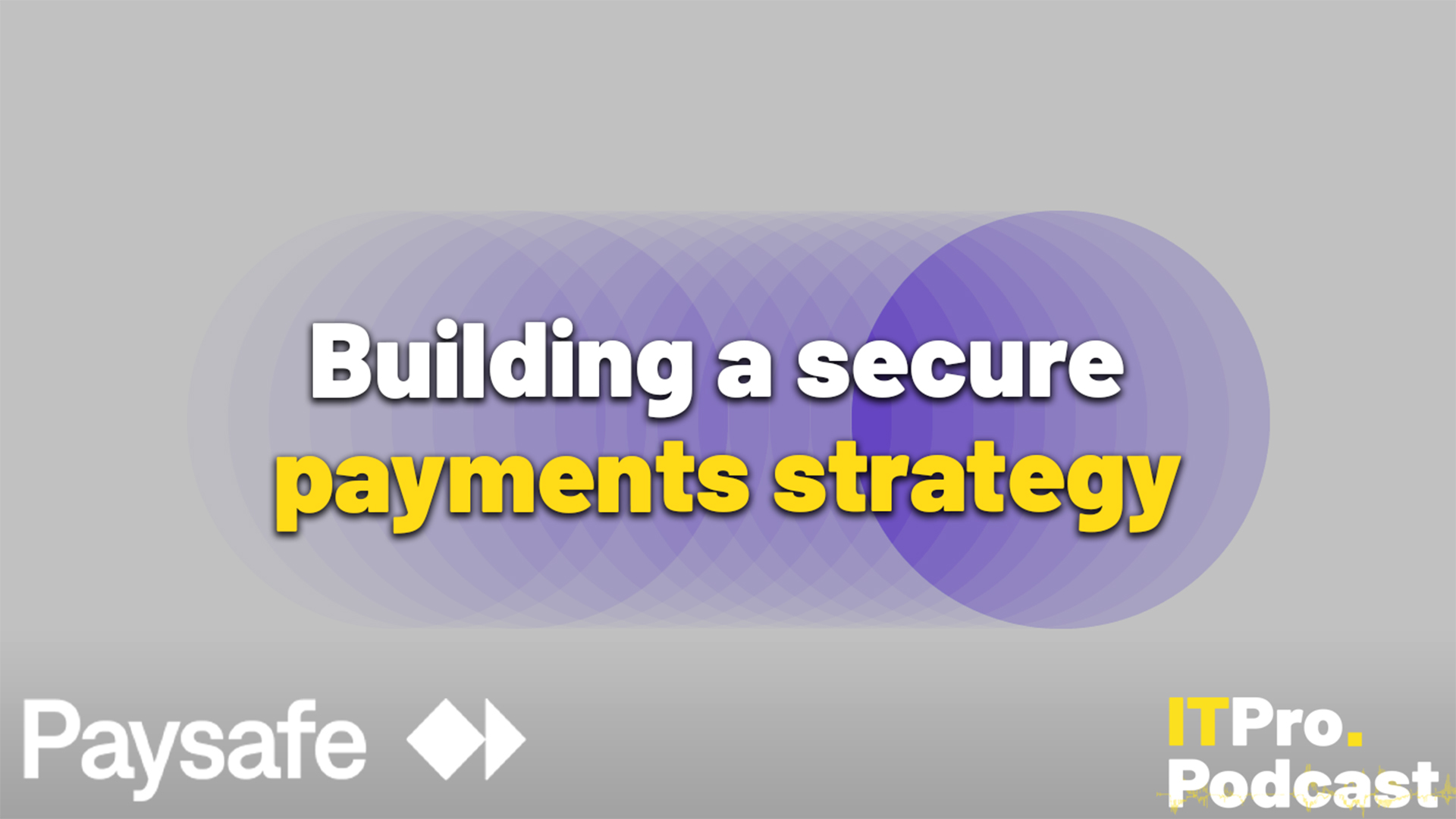Gartner: US cloud adoption ahead of Europe
Regional diversity and economic concerns put brakes on European cloud deployments.


Economic uncertainty over the Euro and strict privacy laws will hamper cloud adoption in Europe, claims Gartner.
The research firm said the current malaise affecting the region will put it two years behind the US, when it comes to adopting cloud technologies.
The company said cloud adoption in Europe will slow because of the Euro, changing rules on data privacy, differing business practices from country to country and the slow implementation of EU policies by member states.
David Mitchell Smith, vice president and Gartner fellow, said the economic crisis will hold up cloud adoption, rather than stop it altogether.
"The bottom line is that the interest in cloud is as high in Europe as it is elsewhere in the world," he said.
"While these inhibitors will certainly slow down cloud adoption, they will not stop it [because] the potential benefits of cloud are too attractive and the interest in its efficiency and agility are too strong to stall it for long."
Gartner said data privacy problems have been classic cloud inhibitors, but said they can be solved. The bottom line for European companies is that, in spite of a great deal of inaccurate information, and single countries pushing nationalistic cloud agendas, there are ways of using cloud more safely.
Sign up today and you will receive a free copy of our Future Focus 2025 report - the leading guidance on AI, cybersecurity and other IT challenges as per 700+ senior executives
In a fast growing market, diversity makes achieving the required critical mass more difficult and significantly slows down the execution of players wanting to offer cloud services throughout Europe, according to the report.
Although interest in cloud is high in Europe, the diversity of Europe's 44 different nations will result in slow cloud adoption in this region, it added.
"The opportunities for cloud computing value are valid all over the world, and the same is true for some of the risks and costs," said Paolo Malinverno, vice president at Gartner.
"However, some of cloud computing's potential risks and costs namely security, transparency and integration which are generally applicable worldwide, take on a different meaning in Europe."
Neelie Kroes, the European Commissioner for digital agenda, said to take full advantage of the cloud's potential, while protecting Europe's citizens' interests, Europe needs a cloud-friendly legal framework.
"If we get this right, we can ensure laws and regulations fit the technological reality and development. That would benefit both providers, and users," she said.
However, this also meant taking policy areas that were previously considered unrelated and joining them up.
"It means making regulatory decisions more predictable so investors aren't put off; it means a more homogenous set of rules internationally," said Kroes.
"It means an active and innovative community out there developing and deploying cloud computing in Europe."
Rene Millman is a freelance writer and broadcaster who covers cybersecurity, AI, IoT, and the cloud. He also works as a contributing analyst at GigaOm and has previously worked as an analyst for Gartner covering the infrastructure market. He has made numerous television appearances to give his views and expertise on technology trends and companies that affect and shape our lives. You can follow Rene Millman on Twitter.
-
 Cloud investment “expected to continue” indefinitely after strong start in 2024, experts suggest
Cloud investment “expected to continue” indefinitely after strong start in 2024, experts suggestNews The sector shows positive signs of growth as cloud infrastructure offerings and AI adoption projects ramp up
-
 The end of the slowdown? Global cloud spending is set to surge by 20% in 2024 as enterprises ramp up migration plans and capitalize on generative AI
The end of the slowdown? Global cloud spending is set to surge by 20% in 2024 as enterprises ramp up migration plans and capitalize on generative AINews Global cloud spending will surge in the year ahead, analysis shows, marking a shift away from a period of ruthless optimization
-
 Budgets are still tight, but ‘cloud slowdown’ claims haven’t quite materialized in 2023
Budgets are still tight, but ‘cloud slowdown’ claims haven’t quite materialized in 2023Analysis Positive cloud spending forecasts for 2024 suggest there’s light at the end of the tunnel for enterprises
-
 Cloud to drive surge in European IT spending next year
Cloud to drive surge in European IT spending next yearNews Investment in cloud security and IaaS is expected to to fuel a surge in IT spending
-
 Harmful effects of “cloud concentration” now a key concern for IT leaders
Harmful effects of “cloud concentration” now a key concern for IT leadersNews Overreliance on a single provider is a byproduct of intense efforts to consolidate complex IT estates
-
 Two-thirds of firms will invest in big data this year, claims Gartner
Two-thirds of firms will invest in big data this year, claims GartnerNews Majority of organisations will be using big data technology within the next two years, research suggests.
-
 Gartner sets out cloud security market trends
Gartner sets out cloud security market trendsNews Market watcher claims compliance will be key cloud market driver to 2016.
-
 Global SaaS deployments are rising sharply, research suggests
Global SaaS deployments are rising sharply, research suggestsNews Uptake across all geographies is rising, with Asia Pacific leading the way, claims Gartner.


